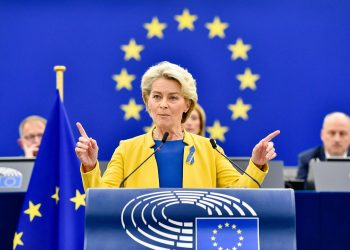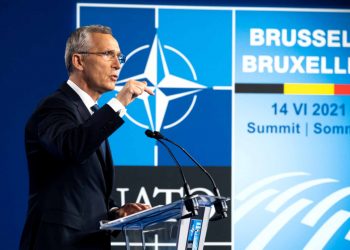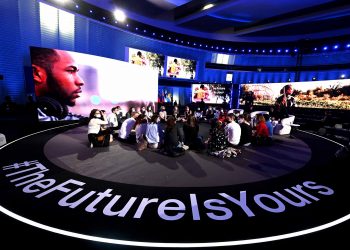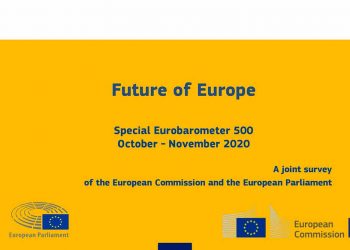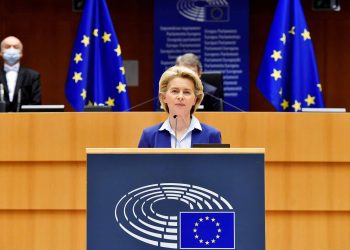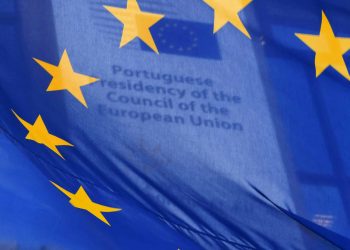The Presidential signature set the Conference on the Future of Europe in motion, to address challenges and strengthen European solidarity. The joint declaration on the Conference on the Future of Europe was signed on Wednesday at 13.00 by President Sassoli on behalf of the Parliament, Prime Minister Costa for the Council and Commission President von der Leyen.
This begins the process that will enable citizens to participate in reshaping the EU’s policies and institutions. The Presidential Signature of declaration includes the EU institutions’ commitment “to listen to Europeans and to follow up on the recommendations made by the Conference” in line with their respective competences enshrined in the Treaties.
Using an inclusive, open and transparent approach, people of all backgrounds, civil society representatives and stakeholders at European, national, regional and local level will participate and set the Conference’s tone and agenda in line with their concerns, in a multitude of events and through a multilingual digital platform.
Presidential Signature of joint declaration
Building tomorrow’s Europe: EU paves way for Conference on the Future of Europe
The presidents of the European Parliament, Commission and Council of the EU signed a joint declaration on the Conference on the Future of Europe. Parliament President David Sassoli; Portuguese Prime Minister António Costa, on behalf of the Council of the EU; and Commission President Ursula von der Leyen signed the declaration in a ceremony on 10 March in Parliament’s Brussels plenary chamber.
The Conference on the Future of Europe aims to give people a greater role in shaping the EU’s future policies and ambitions. People can take part in many events and debates across the EU, as well as have a say through a multilingual digital platform.
“The expectations of EU citizens are stronger than ever,” said Sassoli. “It is essential to continue to give Europe the right tools to respond to these expectations, these demands for solidarity. This is an opportunity to rediscover the soul of the European project. We invite all European citizens to get involved in the conference and to build the Europe of tomorrow, so that it can become ‘their Europe’.”
The Conference on the Future of Europe gets green light
“We are aware that we don’t all have the same vision for the future of Europe,” said Costa. “That’s exactly why the Conference on the Future of Europe will be a decisive point in time so that we can discuss this without any taboos, bringing together our different visions. Only in this way we can overcome differences and strengthen what brings us together.”
“It is exactly in times of crisis that we see where Europe works for people, and where we have to get better,” said von der Leyen. “This conference has to go beyond Brussels, beyond national capitals. We want to hear from European citizens in their full diversity – from young and old, city dwellers and rural residents, from Erasmus students to those who took to the streets to demonstrate as well as from those who have their doubts if creating an ever closer union is the right road to take.”
A survey, carried out at the end of 2020, shows three quarters of Europeans think the conference would have a positive impact on democracy in the EU. Half of the respondents say they want to get involved themselves.
EU Presidents sign a stronger voice for citizens
The Conference on the Future of Europe will give citizens a greater role in shaping the Union’s future policies and ambitions, improving its resilience. A series of events will be organised by the three institutions, where citizens will have the chance to express their views on the issues that matter to them. The Conference is an opportunity to underpin the democratic legitimacy and functioning of the European project as well as to uphold EU citizens’ support for our common goals and values. An interactive multilingual digital platform will help with the organisation of the debates across the Union.
Scope of the debates
The scope of the Conference should reflect the areas where the European Union has the competence to act, or where EU action would benefit European citizens, focusing on topics that truly matter to citizens, with long lasting impacts and wide outreach. The Conference will facilitate a discussion of the challenges the EU is facing, including those brought about by the COVID-19 pandemic. Reflecting the Strategic Agenda of the EU, it should also address policy topics such as climate change, economic and social issues, and the digital transformation. Citizens are free to raise additional issues that matter to them.
EU Presidents sign joint declaration
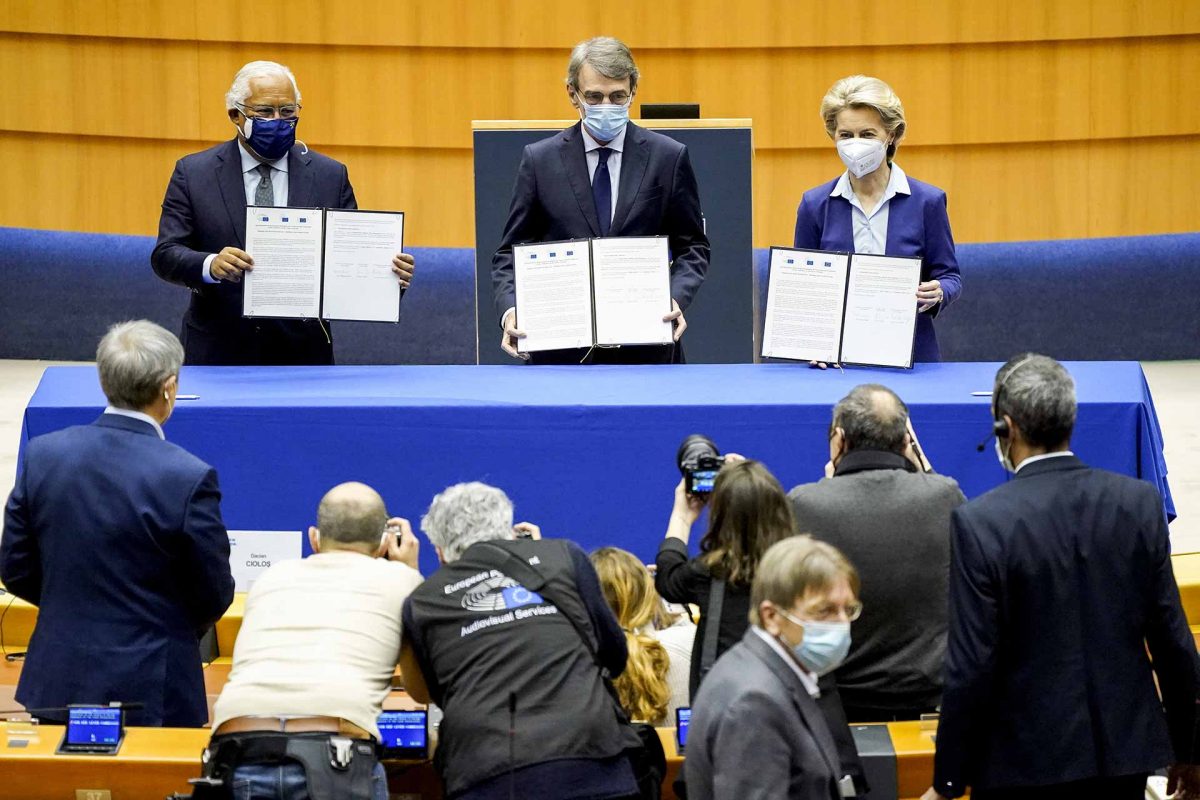
Conference on the Future of Europe: EU Presidents sign joint declaration 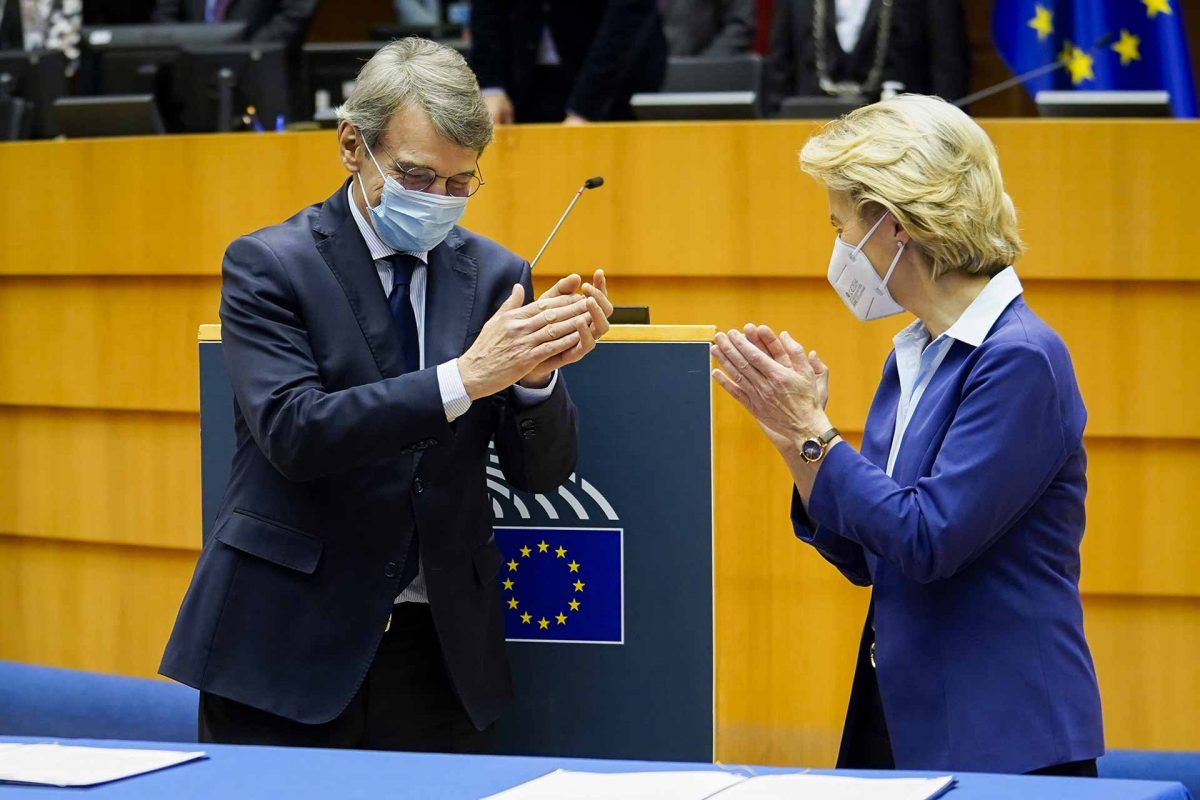
Conference on the Future of Europe: EU Presidents sign joint declaration 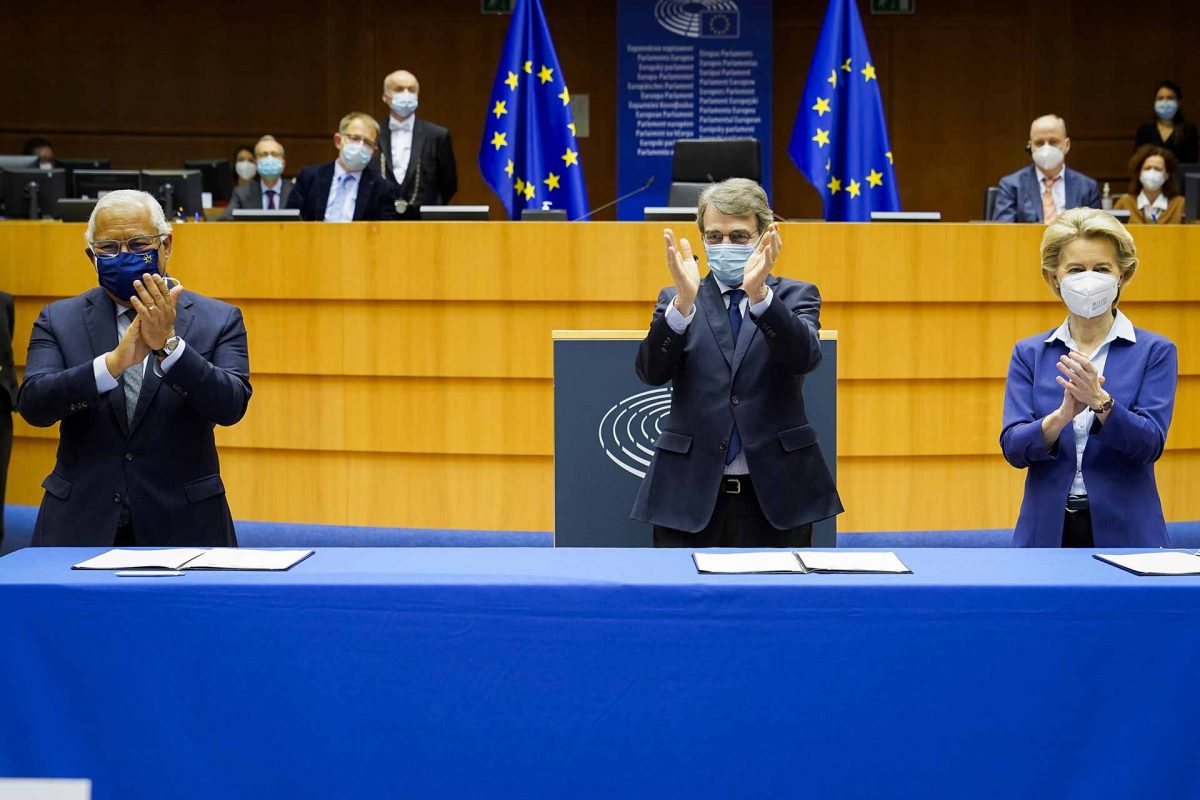
Conference on the Future of Europe: EU Presidents sign joint declaration 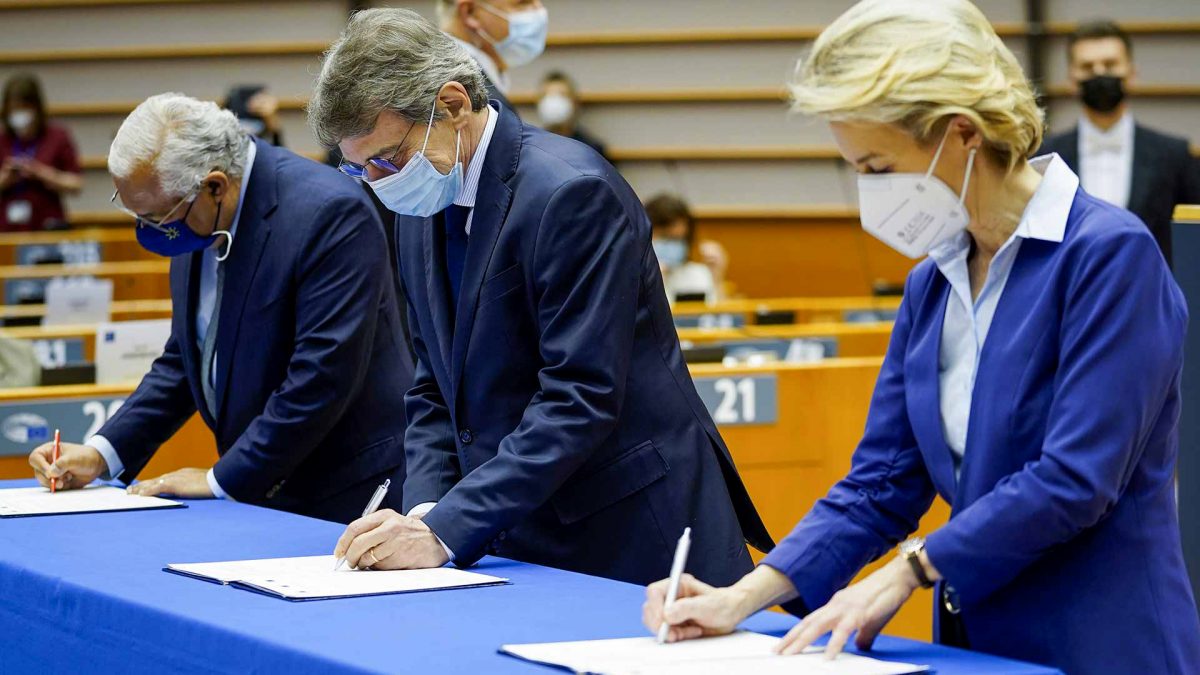
Conference on the Future of Europe: EU Presidents sign joint declaration
Structure
The Conference will be placed under the authority of the three institutions, represented by the President of the European Parliament, the President of the Council and the President of the European Commission, acting as its joint presidency. The work of the presidency will be supported by an executive board, composed of three representatives and four observers from each institution. National Parliaments will be closely involved, as well as other bodies or groups, notably the Committee of Regions and the European Economic and Social Committee.
The Council will be represented in the executive board by its Presidency – which will act as co-chair of the executive board – and the two incoming presidencies. The four following presidencies will be observers. Antonio Costa, Portuguese Prime Minister joined the Presidential signature on behalf of the Presidency of the Council.
Throughout the governance structures of the Conference, the principles of equal participation of the three institutions and decisions by consensus will apply. At least every six months, there will be a meeting of the Conference plenary, composed of representatives from the three institutions as well as representatives from national Parliaments, citizens and other stakeholders.

